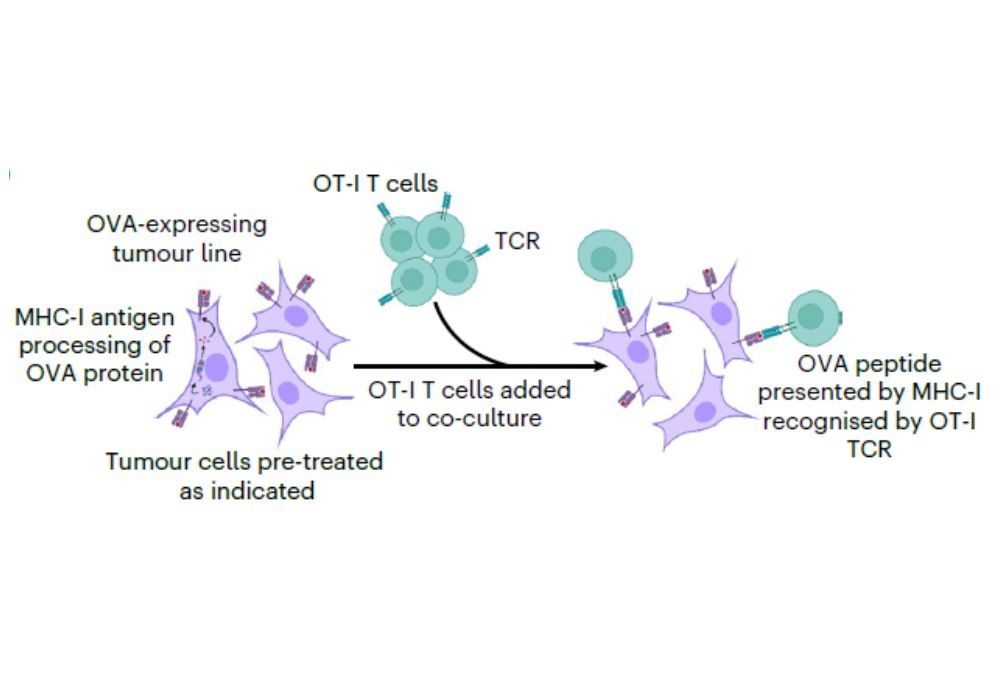News release
From:
Peter Mac researchers discover new way to help the immune system kill cancer cells
A new paper published in Nature Cell Biology today by Peter Mac researchers has challenged previous thinking about human cells and opened up new treatment options that will better harness the immune system to recognise and attack cancer.
Professor Mark Dawson, Associate Director for Research Translation and Consultant Haematologist at Peter MacCallum Cancer Centre, said patients with lymphoma and lung cancer could be among the first to benefit from the findings.
“Our research discovery has major implications for many different fields of research because we need to understand how cells make decisions and change the way they act in order to find new ways to treat cancer,” Professor Dawson said.
“All cells carry a set of genes that lay dormant waiting for instructions to either be active or silent.
“Previously we thought that if we inhibited a protein called Menin, which had been shown to activate genes, that these dormant genes would become silenced.
“However, our research discovered that the opposite happens, and we actually activate these dormant genes,” he said.
“Some cancer cells keep genes that direct our immune system in this dormant state,” said Dr Christina Sparbier, PhD student in the Dawson lab at Peter Mac who led the work.
”We found that by removing Menin, we increase the expression of the genes so that the immune system can more readily detect these cancer cells and kill them.”
Associate Professor Marian Burr, clinician scientist, Snow Fellow and laboratory head at the John Curtin School of Medical Research who jointly supervised the project said, “our findings markedly expand the potential applications of these drugs and illustrate that they can be used in combination with other treatments to enhance the ability of the immune system to recognise and kill the cancer cells.
“We believe this treatment combination will be effective in the management of lymphoma and potentially lung cancer where these pathways are active.”
The new paper 'Targeting Menin disrupts the KMT2A/B and polycomb balance to paradoxically activate bivalent genes' will be published in Nature Cell Biology on 12 January 2023.



 Australia; VIC
Australia; VIC



